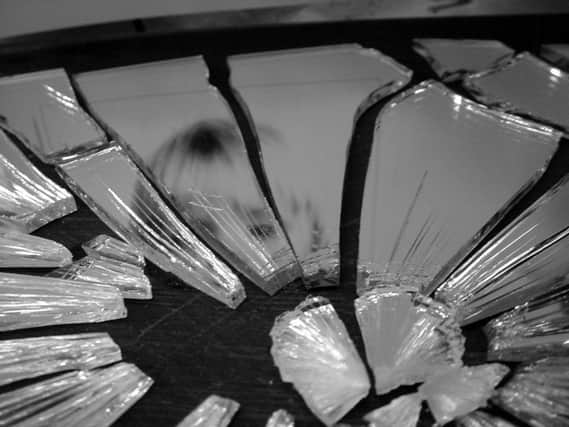Top 5 superstitions revealed - which one is yours?


A new study of Britons has revealed that 76% of North East folk consider themselves superstitious.
And the most common occurrence that they think will bring them bad luck is cracking a mirror .
Advertisement
Hide AdAdvertisement
Hide AdA new poll aimed to determine which parts of the UK are the most and least superstitious.
Nearly 3,000 people around the country were quizzed about superstitions and whether or not they play a part in their lives.
When asked if they followed or stuck to any traditional superstitions, more than three-quarters of participants (76%) admitted they do.
The top 5 most common are:
1. Avoid walking under scaffolding/ladders – (81%)
2. Count the number of magpies (one for sorrow, two for joy……) – (76%)
3. Never open an umbrella indoors – (71%)
4. Never crack a mirror - (67%)
5. Avoiding the number 13 – (62%)
Advertisement
Hide AdAdvertisement
Hide AdMore than half admitted that at least one or more of their superstitions are likely to have developed in their childhood, as a result of a parent or grandparent's beliefs.
Another 22% said their superstitious tendencies were due to an incident or experience they’d previously gone through.
The most superstitious region is the North West (83%), and the South West the least (68%).
One odd superstition which didn't make the Top 5 is the Yorkshire belief that you should never put new shoes on the table.
Advertisement
Hide AdAdvertisement
Hide AdDan Hawkins of online lottery provider www.Lottoland.co.uk, which carried out the research, said: “It is very interesting and telling just how many traditional superstitions are actually still ingrained in the minds of Britons, and part of their daily lives."